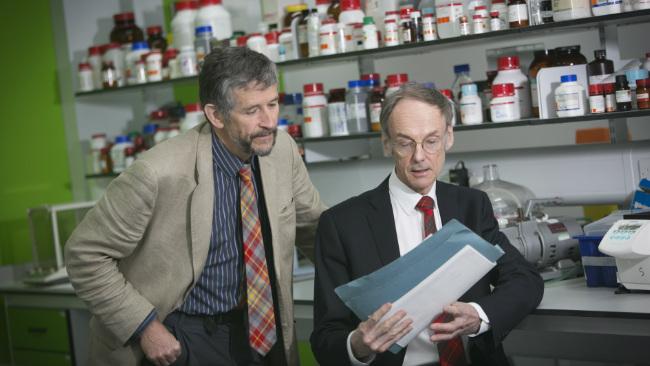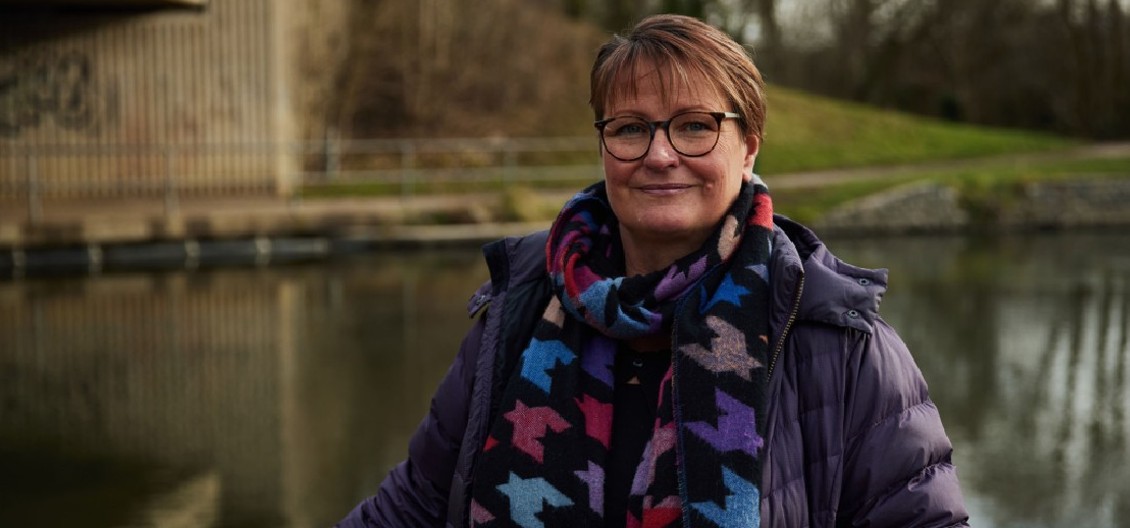
Lesley Slaughter
Works with type 2 diabetes patients.
The main incentive is remission, but it’s the daily reminders of how fabulously they are doing that give people a nudge to keep going."
Lesley Slaughter is a Community Dietitian in Stirling, and is one of the healthcare professionals involved in DiRECT. She has helped many participants through the study, from introducing the low-calorie soups and shakes, through to providing support to re-introduce normal food and, importantly, maintain weight loss.




